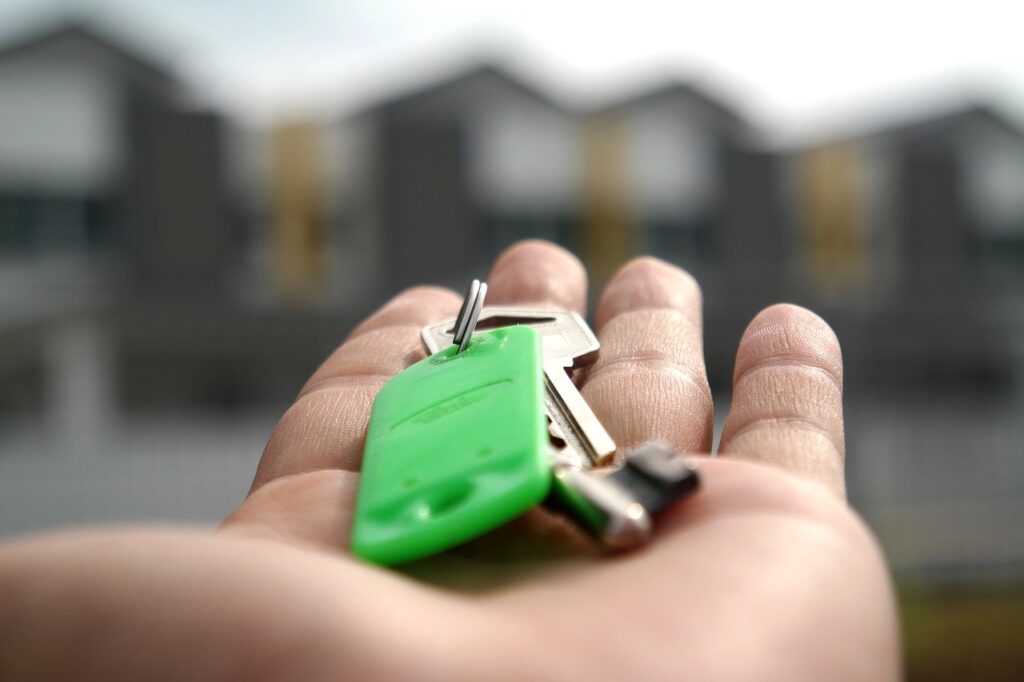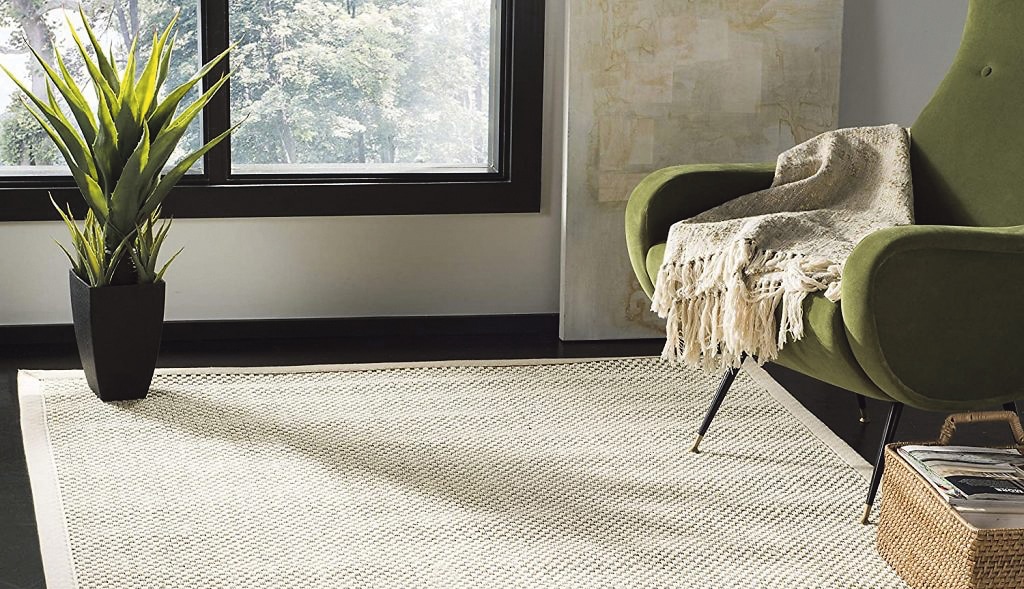
The rent-a-room relief lets you earn up to €14,000 per year tax-free if you rent out a room (or rooms) in your home to private tenants. A self-contained unit, such as a basement flat or a converted garage attached to your home, can qualify for this relief.
While renting out a room that is part of your home is not covered by landlord and tenant law, renting out a self-contained unit is covered Depending on their circumstances, your tenant(s) may qualify for the Housing Assistance Payment (HAP).In certain circumstances, a tenant can claim Rent Supplement.
Rules: For you to qualify for rent-a room relief, your home must be located in the State and you must occupy it as your sole residence during the year of assessment. This means that it is your home for the greater part of the year and is where people would normally expect to make contact with you. In most cases, you do not have to own the property – you could be a tenant and be sub-letting to someone else. (In these cases, you should check with your landlord that sub-letting is allowed – see our document on tenants’ rights and obligations.) However, if you are renting to a HAP tenant you must own the property and provide proof of ownership.
Currently, the total (gross) rent that you get, which includes any money that the tenant pays for food, utilities, laundry or similar goods and services, cannot exceed €14,000 in the tax year (January 1 to December 31) – see ‘Exclusions from rent-a-room relief’ below.
You cannot deduct expenses from your rental income while claiming rent-a-room relief. However, depending on the circumstances, it may be worth your while to opt out of the relief in a particular year in order to offset expenses against the rental income and avail of wear and tear allowances, see revenue.ie for examples of when this can be beneficial. The ‘How to apply’ section below describes how to opt out of rent-a-room relief.
If you qualify for rent-a-room relief, the income you get from renting out the room will be exempt from PRSI, the Universal Social Charge or income tax. However, it must be included on your annual income tax return.
Rent-a-room relief will not affect your exemption from Capital Gains Tax (CGT) if you sell your home.
Exclusions from rent-a-room relief: You will not qualify for the relief if:
• Your gross income from rent and related services is over €14,000. In this case, Revenue will treat the full rental income minus allowable expenses as part of your total income for tax purposes and this should be included in your tax return.
• You are renting the room in your home to your civil partner, son or daughter (but there is no restriction in the case of other family members)
• You are an employee or office-holder in a company, and the company pays you to allow clients to use the room in your home on an occasional basis
• You are renting the room to short-term guests, for example, through an online accommodation booking site
The relief applies only to residential tenancies, not to short-term let arrangements. The occupants must be using the room on a long-term basis. So, renting a room to a student for the academic year or for a one-month course is covered, but providing accommodation to occasional visitors for short periods, for example, through an online accommodation booking site, is not, as this income is not considered to be rental income. This is because the visitors use the accommodation as guests rather than tenants. Revenue has published a guidance manual on how this income is treated for tax purposes (pdf).
If you normally rent out the room for the academic year and you rent it out for short breaks during the summer as well, you must identify the income you get from the short rentals separately from the income that qualifies for rent-a-room relief, when making your tax return to Revenue.
You can read more about rent-a-room relief on revenue.ie.
Housing Assistance Payment: If your tenant is applying for the Housing Assistance Payment (HAP), you will need to provide certain information to the local authority, which administers the HAP. The local authority will pay you HAP directly. This information includes:
• The amount of the monthly rent
• Your bank account payment details
• An undertaking regarding the property’s compliance with standards for rental accommodation
• An undertaking regarding your tax compliance
• Proof that you own the property
The local authority will inspect the property within 8 months of the first HAP payment, unless the accommodation has already been inspected in the last 12 months. An inspector will check that the accommodation meets the minimum physical standards for rental accommodation.
You must show that your tax affairs are in order by producing evidence of tax clearance from Revenue. Tax compliance is checked in ‘real-time’ on Revenue’s electronic tax clearance system.
Rental income and social welfare payments: If you are getting a means-tested social assistance payment from the Department of Social Protection, you can get up to €14,000 per year for renting out a room in your own home without it affecting your social welfare payment.
This does not apply to short-term lettings (of less than 28 consecutive days). It also does not apply if you are renting a room to your employee or to an immediate family member. Your rights and obligations
Self-contained units: If you rent out a self-contained unit in your home, such as a converted garage attached to your home or a basement flat, the rights and obligations under residential tenancies legislation apply to you. For example, you are obliged to register the tenancy with the Residential Tenancies Board (RTB), provide a rent book to the tenant and ensure that the accommodation provided meets minimum physical standards.
Residential tenancies legislation provides for security of tenure for tenants. These provisions are in Part 4 of the Residential Tenancies Act 2004. However, if the self-contained flat or apartment was originally part of the main house, you can choose to opt out of these provisions. This option is available under Section 25 of the Act. You must give the tenant notice in writing, before the start of the tenancy, if you wish to take this option.
Rooms that are not self-contained: If the part of your home that you rent out is not self-contained, you are not covered by landlord and tenant legislation, so the rights and obligations under that legislation do not apply to you. For example, you are not obliged to register as a landlord with the RTB, provide a rent book to the tenant. In general the accommodation you provide does not need to meet any minimum physical standards. However, if you are renting to a HAP tenant the accommodation must meet minimum standards.
This also means that private tenants living in your home are living under a licensee agreement, not a tenancy agreement, and are really only entitled to reasonable notice if you choose to terminate the agreement. Tenants are, however, entitled to refer disputes under the Small Claims Procedure.
Common claims that are heard under the Small Claims Procedure include disputes about retention of a tenant’s deposit for what they consider unfair reasons, or deductions from rent for damage to property that is over and above normal ‘wear and tear’.
Your tenants can find out more about their rights in our document Sharing accommodation with your landlord and can also contact Threshold for advice– see ‘Where to apply’ below.
Agreement with your tenant: Before you arrange to rent out a room in your home, it is strongly recommended that you and the tenant agree some ground rules and put them in writing. If you and your tenant each sign and keep a copy of this agreement, you can both refer to its terms in the event of confusion or disagreement. These ground rules might include:
• How long is the tenancy going to last?
• How much notice will you or your tenant have to give if either of you chooses to end the tenancy?
• How much rent will the tenant pay and how often (for example, weekly, monthly)?
• How will this rent be paid (cash, cheque, standing order etc.)?
• When will the rent be reviewed and how much notice will you give the tenant of a rent review?
• How are utility bills (such as electricity, gas, phone, broadband, TV, waste charges) to be divided between you and the tenant?
• Can the tenant have visitors to stay overnight?
• Are there any restrictions regarding noise levels?
Rates: Rental income from renting a room in your home (and related services) is exempt from tax, up to a maximum limit of €14,000.
Where more than one person is entitled to benefit from the rent (for example, you and your spouse), this limit is divided between the individuals concerned.
How to apply: To claim rent-a-room relief you must record your rental income when making your annual tax return. You can complete and submit your tax return form online using:
• Revenue’s myAccount Service if you are a PAYE taxpayer (Form 12)
• Revenue Online Service (ROS) if you are self-employed or a PAYE taxpayer with other sources of income (Form 11)
Alternatively, you can complete a hard-copy annual tax return. You record your rental income for rent-a-room relief in the ‘Exempt income’ section of your tax return form and return the completed form to your local tax office.
The tax office can answer any queries you may have and will help if you have any difficulties completing the form.
If you wish to opt out of the rent-a-room relief in a particular tax year and be taxed on the rental income instead, you must notify Revenue in writing, on or before the return filing date for that tax year. Read more on revenue.ie. Use Revenue’s contact locator to find your tax office.


